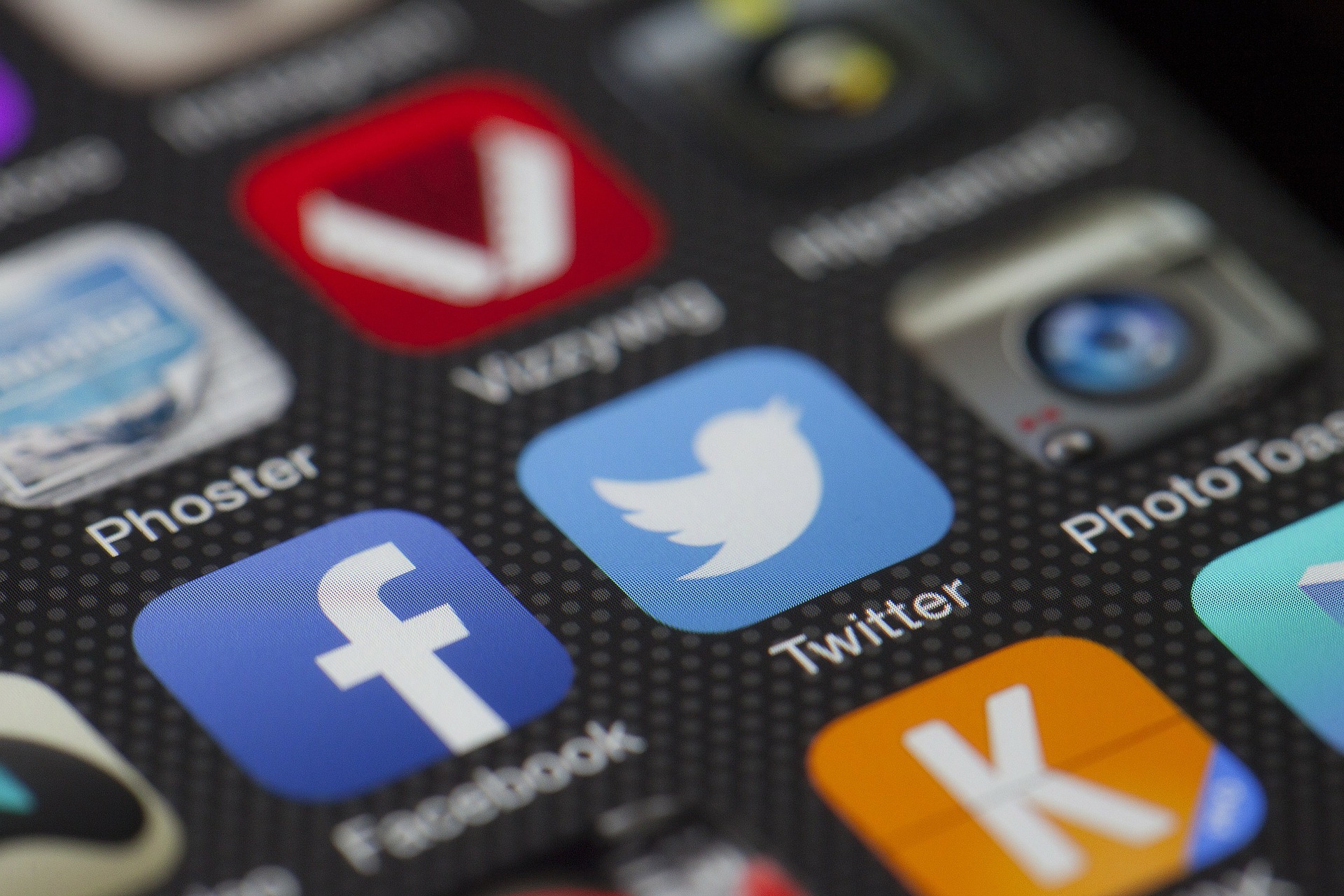
United Airlines' warning to employees is plain and simple: be nice to others, especially on social media, or you may lose your job. But during a period of heightened awareness on issues of race, how should one avoid "racially charged" statements without having to avoid public conversation?
The memo, reviewed by Live and Let's Fly, starts by counting up the many reasons United employees may be frustrated. Yet it stresses personal responsibility, an ongoing theme of memo.
"The past few months have been extremely challenging for all of us. Sheltering in place, social distancing, uncertainty about the future of our company and our jobs, and the recent unrest due to racial intolerance and discrimination - all of these take their toll. While it may not feel like you have a lot of control over what's happening around you, it's important to remember that you are in control of how you react."
The memo goes on to remind employees that even when they are passionate about an issue, "dignity and respect" must always rule the day. United reminds employees that its " commitment to diversity, inclusion, equality and social justice is unwavering" and notes that employees are responsible for uploading those values, even in a private capacity.
Stressing a "safe and inclusive" work environment, United specifically prohibits employees from posting things that are "offensive" (but doesn't explain what offensive is) or "racially charged" (but also doesn't define that term).
"We work to promote a safe and inclusive environment. It's valuable to bring together people from different backgrounds who express different views, but we need to pay attention to our words and how they may impact our diverse population of employees and customers. It's not okay to say (or post) things that are offensive or racially charged."
The term "racially charged" is a vague one. Telling people to "check privilege at the door" is racially charged. So is "all lives matter". The entire national conversation is racially charged at this moment. It is not clear how employees should avoid this (versus making overtly racist statements).
United also notes that nothing on the internet is truly hidden:
"And where social media is concerned, it doesn't matter whether your post is public or within a closed group - nothing on the internet is truly private or anonymous. Use common sense and good judgment, and if you have any doubt about whether or not what you're saying or posting may be offensive, you probably want to avoid it."
That's a good strategy not just for employment, but for life.
To underscore the seriousness of the situation, United warns employees there will be consequences if they do not follow this policy:
"We're committed to maintaining a workplace free from offensive or harassing statements, language and actions. It's never okay to criticize others on the basis of race, gender, age or any other protected category. This includes conduct within the workplace, as well as outside of the workplace and on social media. We take this very seriously. Employees who violate this policy may be subject to discipline up to and including termination."
Unlike "racially charged" or "offensive" above, harassment is very clearly defined in the employee handbook. The multi-page definition and explanation make it clear that harassment goes far beyond unwanted physical touching.
United has reminded employees that it must be nice to others, especially on social media. It's a good reminder that employers in general may monitor employee internet and social media usage and can use even those ostensibly private conversations to take corrective or disciplinary action. As for United specifically, it should better explain what constitutes a "racially charged" opinion.
> Read More: Cathay Pacific's Illogical Warning Over Social Media Use